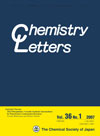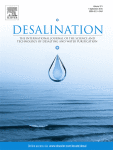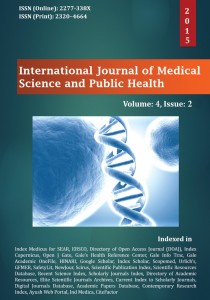 An education journal is pulling a 2014 paper about how US funding partnerships in Africa could alleviate local poverty, after the author admitted to mistakenly lifting sentences from work presented at a 2012 conference.
An education journal is pulling a 2014 paper about how US funding partnerships in Africa could alleviate local poverty, after the author admitted to mistakenly lifting sentences from work presented at a 2012 conference.
Author Christopher S. Collins at Azusa Pacific University took full responsibility for the plagiarism, and told us he suggested the journal retract the paper — but also proposed alternatives, such as adding the plagiarized author as a co-author, or publishing “an error sheet” that cites the material in the sentences in question.
If it’s hard to imagine how someone could plagiarize another researcher’s work by mistake, Collins explained what happened in a 900-word statement, in which he also told us how he is moving forward professionally and personally.
Here’s how some plagiarized sentences ended up in “Can funding for university partnerships between Africa and the US contribute to social development and poverty reduction?” in Higher Education, according to Collins:








